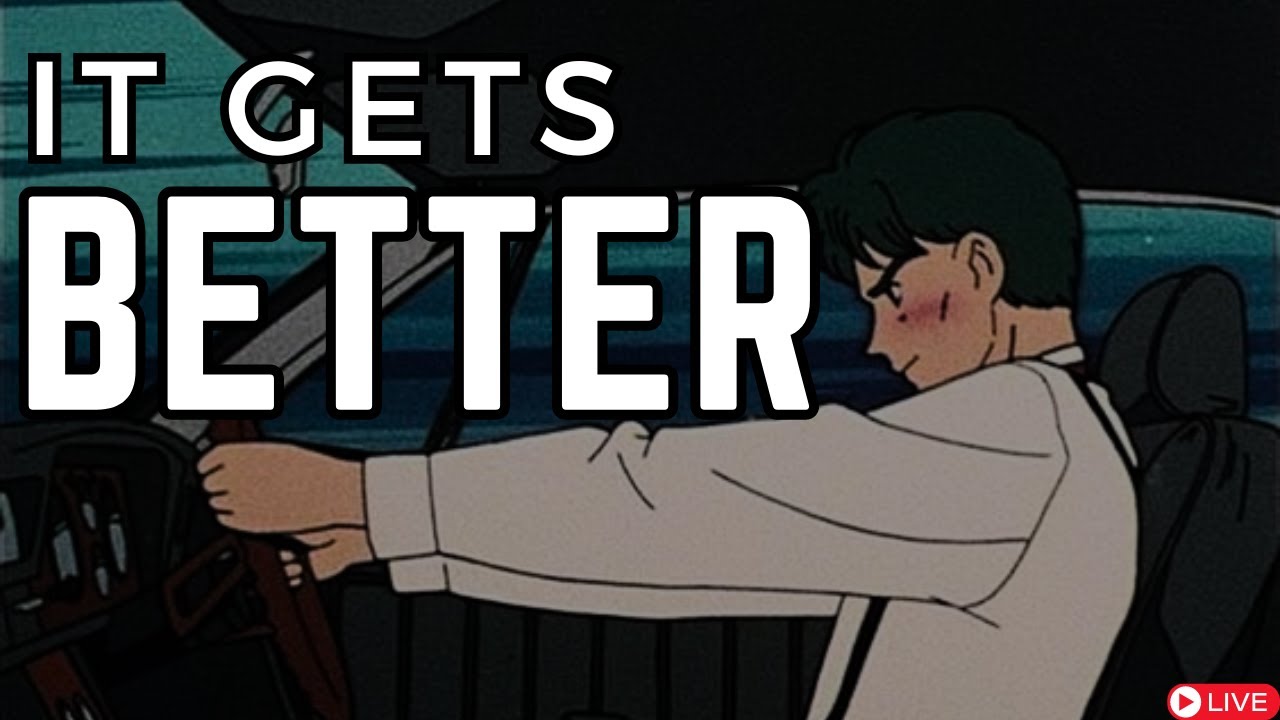What Happens When You Only Pursue Pleasure - Alan Watts
Summary
TLDRThe transcript explores the profound question of personal desires and the impact of societal pressures on career choices. It emphasizes the importance of pursuing genuine passions over monetary concerns, suggesting that mastery in one's chosen field can naturally lead to financial success. The speaker challenges the Western preoccupation with power and control, arguing that true satisfaction comes from letting go of the need to dominate. The discussion delves into the paradox of desire, highlighting the ultimate futility of seeking omnipotence and the dangers of excessive pleasure-seeking, which can lead to a 'hellish' state of pain and suffering. The key takeaway is the embrace of 'not knowing' as a form of humility and a gateway to accessing divine energy, suggesting that true power lies in relinquishing control.
Takeaways
- 🤔 The importance of self-reflection: The speaker emphasizes the need to ask oneself what they truly desire, especially when considering career paths or life goals.
- 💼 Vocational guidance: The script discusses the process of vocational guidance, where students are encouraged to consider what they would do if money were not a concern.
- 🎨 Pursuing passions: It highlights the common desire among students to pursue careers as artists, poets, or writers, despite societal pressures suggesting these are not financially viable.
- 💰 The illusion of financial security: The speaker points out the fallacy of pursuing a career solely for financial gain, suggesting it leads to a life of dissatisfaction.
- 🚀 The pursuit of mastery: The script suggests that genuine interest and passion in an activity can lead to mastery, which in turn can provide financial rewards.
- 🌱 Cultivating interests: The speaker encourages the development of diverse interests, as they can lead to fulfilling pursuits and like-minded communities.
- 🔄 The cycle of dissatisfaction: The script describes a societal pattern where people live lives they don't enjoy, only to raise children to repeat the same cycle.
- 💡 The desire for control: It discusses the human desire to control everything, which is often misguided and leads to disillusionment.
- 🎢 The paradox of pleasure: The pursuit of pleasure to its extreme can lead to a pursuit of pain, as seen in historical examples of decadent societies.
- 🙏 The wisdom of 'I don't know': The script suggests that acknowledging 'I don't know' is a form of humility and a step towards understanding one's true desires.
- 🌟 The power of letting go: Letting go of the need for control and acceptance of uncertainty can lead to a more powerful and fulfilling life.
Q & A
What is the main question the speaker asks students during vocational guidance?
-The speaker asks students what they would like to do if money were no object, to understand their true desires and passions.
Why do many students express a desire to be artists, poets, or writers but feel discouraged?
-Students feel discouraged because they believe these professions do not offer financial stability, due to societal perceptions and the educational system's influence.
What does the speaker suggest about the relationship between doing what one loves and financial success?
-The speaker suggests that if one truly loves and is passionate about what they do, they can eventually become a master of it and earn a good income, emphasizing the importance of following one's passion over money.
What is the speaker's view on spending a lifetime doing things one does not enjoy?
-The speaker believes it is foolish to spend a lifetime doing things one does not enjoy, even for the sake of financial security, advocating for a life filled with what one loves to do.
What does the speaker imply about the cycle of raising children to follow the same path as their parents?
-The speaker implies that this cycle is a form of 'retching or vomit' as it never leads to true satisfaction, suggesting a need for breaking this cycle to find genuine fulfillment.
What does the speaker suggest about the desire for control and its consequences?
-The speaker suggests that the desire for control and the pursuit of technological omnipotence can lead to disillusionment and a lack of fulfillment, as it does not truly address what one wants.
Why does the speaker argue that having a completely predictable future is undesirable?
-The speaker argues that a completely predictable future is akin to the past, offering no surprises or challenges, which are essential for personal growth and satisfaction.
What is the speaker's perspective on the pursuit of pleasure beyond a certain point?
-The speaker warns that the pursuit of pleasure beyond a certain point can lead to a descent into the 'Naraka world,' or a state of torment and pain, as it becomes indistinguishable from the pursuit of pain.
What lesson does the speaker believe the Western world needs to learn regarding power and control?
-The speaker believes the Western world needs to learn that the pursuit of power and control is not inherently fulfilling and that one should consider what they truly want to do with such power.
What does the speaker suggest is the state of 'desirelessness' and how is it achieved?
-The state of 'desirelessness' is achieved when one truly does not know what they want, which can be a result of deep introspection and realization that superficial desires do not lead to fulfillment.
How does the speaker relate the act of letting go and not trying to control to accessing divine energy?
-The speaker relates letting go and not trying to control to accessing divine energy by suggesting that the energy wasted in self-defense and trying to manage things can be redirected and used more productively when one ceases to cling to control.
Outlines

このセクションは有料ユーザー限定です。 アクセスするには、アップグレードをお願いします。
今すぐアップグレードMindmap

このセクションは有料ユーザー限定です。 アクセスするには、アップグレードをお願いします。
今すぐアップグレードKeywords

このセクションは有料ユーザー限定です。 アクセスするには、アップグレードをお願いします。
今すぐアップグレードHighlights

このセクションは有料ユーザー限定です。 アクセスするには、アップグレードをお願いします。
今すぐアップグレードTranscripts

このセクションは有料ユーザー限定です。 アクセスするには、アップグレードをお願いします。
今すぐアップグレード関連動画をさらに表示
5.0 / 5 (0 votes)






